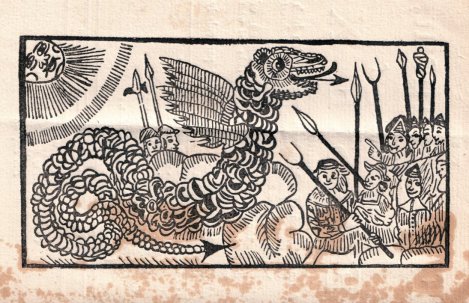The Leverhulme Centre for the Future of Intelligence (CFI) invites
applications for a postdoctoral Research Associate in the study of
intelligence. The funds for this post are available for 3 years in the
first instance.
CFI is a new, highly interdisciplinary research centre addressing the
challenges and opportunities posed by artificial intelligence (AI) in
both the short and long term. Funded by the Leverhulme Trust for 10
years, CFI is based at the University of Cambridge, with partners in the
University of Oxford, Imperial College London, and UC Berkeley. The
Centre also has close links with industry partners in the AI field, with
policymakers, and with many academic disciplines.
This is a new Research Associate post within CFI's Kinds of
Intelligence project, based in central Cambridge. This project, led by
Dr Marta Halina and involving partners at Imperial College, draws on
psychology, neuroscience, computer science, cognitive robotics, and
philosophy to further develop and critically assess notions of general
intelligence used in the field of AI. It aims to map the space of
possible intelligences -biological, artificial, and hybrid - in order to
enable more accurate predictions of AGI development and improved
assessments of its benefits and risks. This post is an opportunity for a
talented individual to make a major contribution to the development of
this field of research.
Candidates should have a PhD in a relevant field and should provide
strong evidence of potential for research and publication at the highest
level, as well as strong interest in engagement with philosophy,
science, and technology communities. The appointee will also play an
important role in CFI's interdisciplinary activities, including
discussion groups, workshops, and an annual conference. He or she will
also be affiliated with the Department of History and Philosophy of
Science.
To apply online for this vacancy, please click on the 'Apply' button
below. This will route you to the University's Web Recruitment System,
where you will need to register an account (if you have not already) and
log in before completing the online application form.
Please upload in the Upload section of the online application (1)
your Curriculum Vitae (CV); (2) a Covering Letter of no more than 1,500
words, outlining a proposed research direction, and explaining how this
proposal and your skills would contribute to this project in particular
and CFI more broadly; and (3) a Sample of Writing of no more than 8,000
words that demonstrates your suitability for this project. If you upload
any additional documents which have not been requested, we will not be
able to consider these as part of your application.
The closing date for applications is 18 November 2016. If you have
any questions about this vacancy or the application process or
procedure, please contact Susan Gowans at
skg41@.cam.ac.uk. Please quote reference GA10453 on your application and in any correspondence about this vacancy.
Interviews will be held on 15 December 2016 in central Cambridge.
The University values diversity and is committed to equality of opportunity.
The University has a responsibility to ensure that all employees are eligible to live and work in the UK.
Further details.





